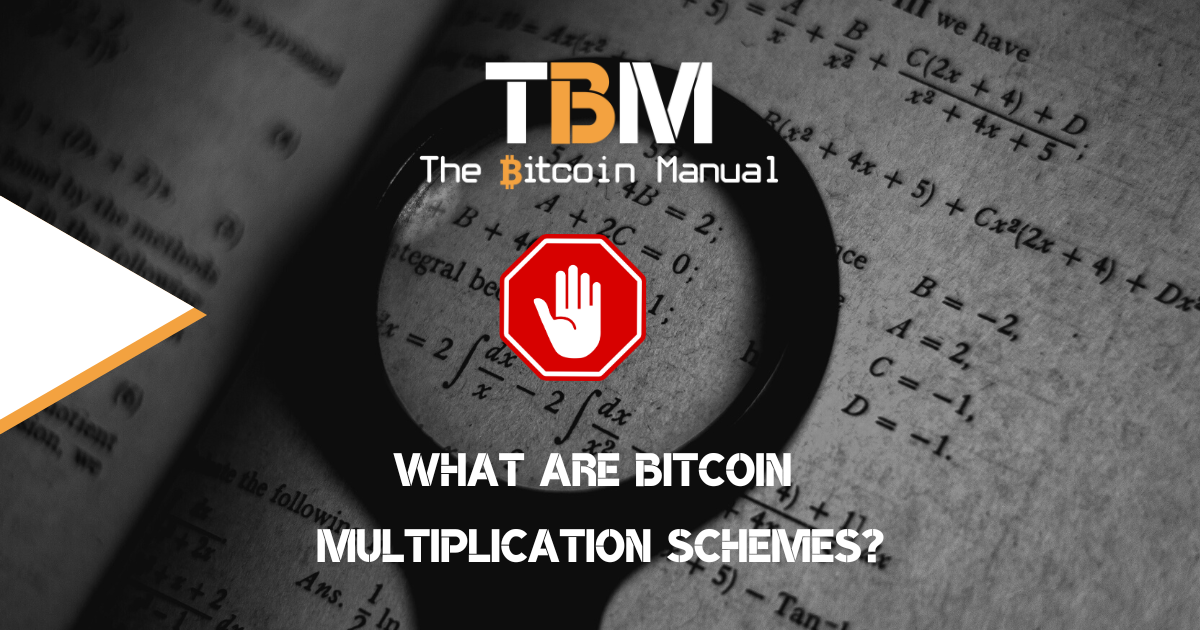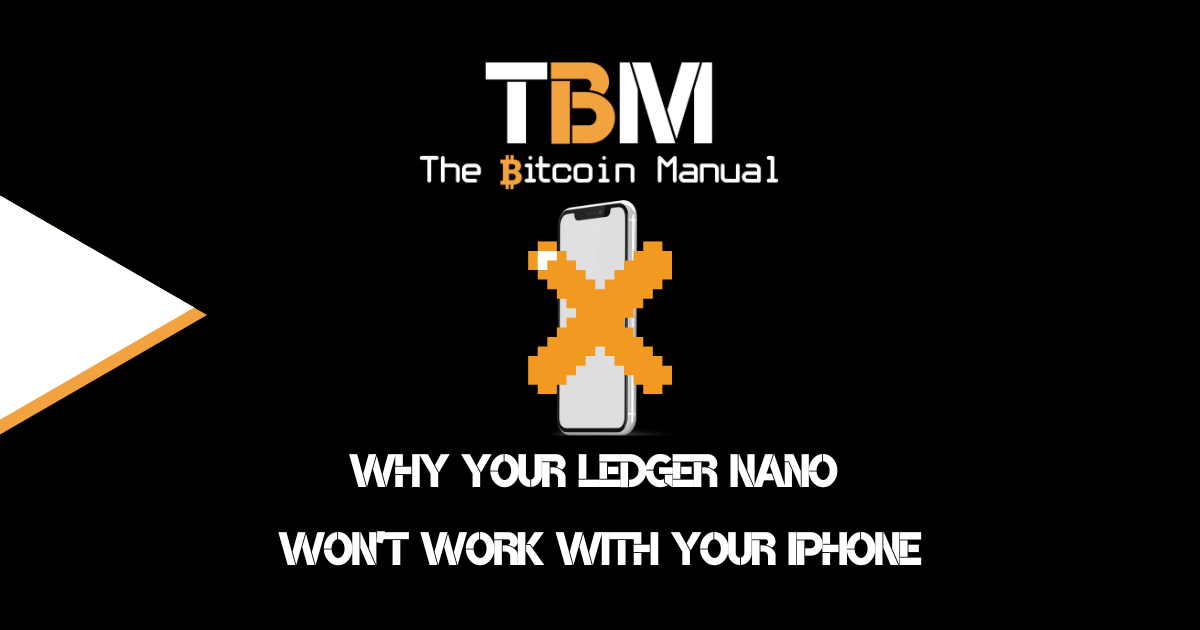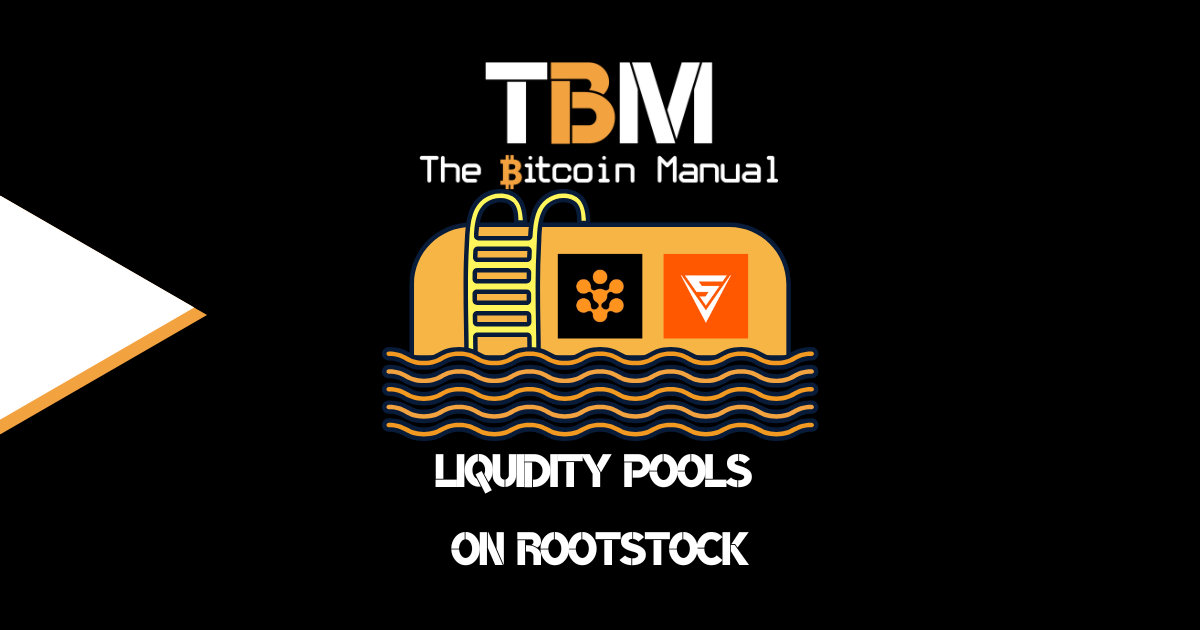South Africans have been falling victim to bitcoin scams at an alarming rate, leaving many puzzled about why this is happening; how many times can one nation’s people be burned before they learn?
My guess would be far too many.
Considering some of the high-profile cases such as BTC Global, Mirror Trading International and Africrypt, and bitcoin trading group scams, you would think that South Africans would be far more cautious when it comes to bitcoin.
Sadly each year, millions are lost to bitcoin scams across the country, leaving bitcoin enthusiasts and sceptics alike concerned about the prevalence of such scams in the country.
So why do South Africans love bitcoin scams so much?
South Africa’s selective adoption of bitcoin.
South Africa has a growing interest in bitcoin, and this is undeniable; while bitcoin adoption around the country continues to grow across all LSMs, it is not the poor and downtrodden of the country investing in bitcoin. The day labourer or SASSA grant holder does not think about holding or earning bitcoin or even know it exists.
The majority of South Africans investing in bitcoin are the educated middle class who shoulder the burden of taxes and inflation. South Africans see bitcoin as an alternative “off-shore” investment since there is no real limit to how much bitcoin you can acquire. In comparison, the traditional off-shore market has limitations, a lower return, more fees and is a real pain in the arse to navigate when compared to bitcoin.
Most South Africans who do find themselves with a bitcoin position use custodial services, while a sliver of a minority have graduated all the way to self-custody. Don’t be fooled by the sheer number of South Africans who hold bitcoin; very few know what they own nor how to protect what they own.
This is where one of the problems lies; South Africans know just enough about bitcoin to get themselves into bad situations and don’t know enough to protect themselves.
Limited financial education and literacy.
The limited financial education and literacy among many South Africans make them particularly susceptible to bitcoin scams. The complexities of the bitcoin and cryptocurrency market can be overwhelming for the average person, leading them to trust in promises of quick profits without fully understanding the risks involved.
Additionally, many individuals lack basic investment principles and risk management knowledge, leaving them vulnerable to scammers who exploit their ignorance.
Mistrust in government and traditional financial institutions.
Mistrust in government and traditional financial institutions is deeply ingrained in South African culture. Ask any South African what they think of their current bank or government, and they will probably describe it with several unflattering four-letter words.
The country has a history of corruption and financial instability, culminating in recent scandals involving high-profile politicians and major national banks. This widespread mistrust makes it difficult for individuals to believe in the promises of traditional financial institutions and seek alternative investment opportunities.
South Africa has a high rate of unemployment and poverty.
Many South Africans are struggling with poverty and unemployment, with over 32% of working-age citizens sitting around waiting for a government handout, a seasonal job, working in informal sectors or turning to crime.
This has created a situation where individuals are desperate to find ways to escape their financial troubles. Cryptocurrency and bitcoin, in particular, offer a glimmer of hope for those in difficult financial situations. Unfortunately, this desperation has also contributed to the country’s high rate of bitcoin scams.
Fraudulent schemes promising easy returns with small amounts tempt many into thinking this is their way out of financial struggles.
Inflation and the underbanked.
South Africa has two economies; the formal economy is where the bourgeoisie have access to banking services, savings accounts, forex, and debt funding to acquire assets like most modern fiat economies.
Then it has a cash-rich economy where physical currency or money order claims are traded between individuals and vendors at a furious pace. Those that participate in this economy aren’t paying income tax; they don’t care two hoots about VAT, but they are subject to the whims of inflation and energy taxes on electricity and petrol.
As these cash consumers continue to see their Rands erode in purchasing power, they’re looking for solutions to earn a “yield” without having to enter the banking system.
This lack of trust in government and financial institutions, combined with poverty, inflation, lack of education and a desire for financial stability, creates a perfect storm for bitcoin scams to thrive, such as multiplication schemes.
What are multiplication schemes?
A multiplication scheme employs some elements of a pyramid scheme, with the difference being less or no focus on the recruitment of others and more on access to a massive yield over a short period.
Multiplication schemes avoid convoluted affiliate programs to recruit more investors but employ word-of-mouth marketing and chat commerce to attract more investors. The primary selling point is a high percentage return you won’t find anywhere else because it’s impossible.
In South Africa, the clear differentiator between a multiplication scheme to a pyramid scheme is that the broker or salesperson clearly states that returns “will occur” at a rate of 20% above the REPO rate at the date when the person invested in the scheme. The repo rate refers to the rate at which the South African Reserve Bank lends money to private banks. A multiplication scheme occurs the moment the investor is offered, promised or guaranteed returns that are 20% above the repo rate.
Multiplication does not have a hierarchical structure like pyramid schemes but generates revenue through repeated or once-off investments of varying amounts by members. The investments are then used to finance the interest pay-outs owed on investments made at an earlier date. What makes multiplication schemes so pernicious is that many investors will receive their return in cash, and due to their own greed and encouragement from the scheme, they will reinvest their returns. As members reinvest, others can receive their returns.
The scheme can continue as long as members continue to reinvest at a higher rate than those who are redeeming. Members often have access to an internal dashboard showing their balances or interact with a “broker” who keeps them updated on their returns via chat apps like WhatsApp.
Obelisk the tormentor.
Multiplication schemes don’t necessarily have to involve bitcoin, but it has become a convenient vehicle for this type of scam. Since very few South Africans know much about magic internet money, or how it works, scammers can leverage the bitcoin brand and that information asymmetry into a packaged deal and sell it on to unsuspecting customers. The odd person may have heard about bitcoin on the off chance, and from what they know, it’s something that can move up in price very quickly.
People who have heard about bitcoin, but have limited or no knowledge about it are prime candidates for multiplication schemes.
In 2022, a multiplication scheme known as Obelisk suckered in over 4,000 participants via eight WhatsApp groups to give you an idea of how big these schemes can become. According to reports, the participants in the scheme lost a combined R112 million (roughly $6.5 million) in an alleged scheme selling “bitcoin mining machines”.
The scheme’s narrative revolved around selling so-called “bitcoin machines”, and no, these are not ASICS; sadly, these are mythical hosted mining operations that you hold a claim to, but have no idea where they are, what they look like, or can inspect them. Participants simply trust whatever is said in WhatsApp groups, and that’s as far as the due diligence goes.
Participants in the scam are quoted between ZAR 340.00 (USD 18.00) and ZAR 450 K (USD 24.8 K), depending on how many “machines” they would like to secure. They will either see their daily returns on a centrally controlled website with fake figures or receive fake reports from those running the scam.
As long as you do not claim your funds, you remain in the group’s good graces; as soon as you begin to complain or insist on getting your money back, you are blocked from the WhatsApp group and left high and dry.
How to avoid bitcoin scams in South Africa?
To avoid falling victim to bitcoin scams, it is crucial to take a few precautions.
Firstly, it is necessary to educate oneself on self-custody.
Second, watch out for red flags. If the person pitching you, bitcoin investments
- Doesn’t encourage you to create a wallet where you hold the keys.
- Offers you a yield.
- Offers to hold your bitcoin for you.
- Offers you a magical mining machine you never see.
Then it is likely a scam.
Moreover, it is essential to only acquire bitcoin through P2P markets that offer escrow or use reputable exchanges that have been in operation for a reasonable amount of time, and even then, you should still remove your funds to a wallet you control.
Lastly, investing wisely in bitcoin involves being patient and having a long-term investment strategy. Bitcoin is not a get-rich-quick scheme; individuals must approach it cautiously and rationally.
By following these guidelines, South Africans can protect themselves from bitcoin scams and invest wisely in this exciting and potentially rewarding market.
Multiplication schemes continue to multiply.
The Obelisk scheme is only the latest in a series of scams; doing a quick search on South African social media for the terms “bitcoin” and “earn” will spit out a litany of posts from highly unqualified financial advice from rebranded schemes.
The latest multiplication scams making the rounds revolve around a bitcoin trading platform where a bot generated absurd yields, while the other is the Obelisk story reskinned under a new brand name.
Do your own research.
If you want to learn more about bitcoin scams, use this article as a jumping-off point and don’t trust what we say as the final say. Take the time to research other sources, and you can start by checking out the resources below.




